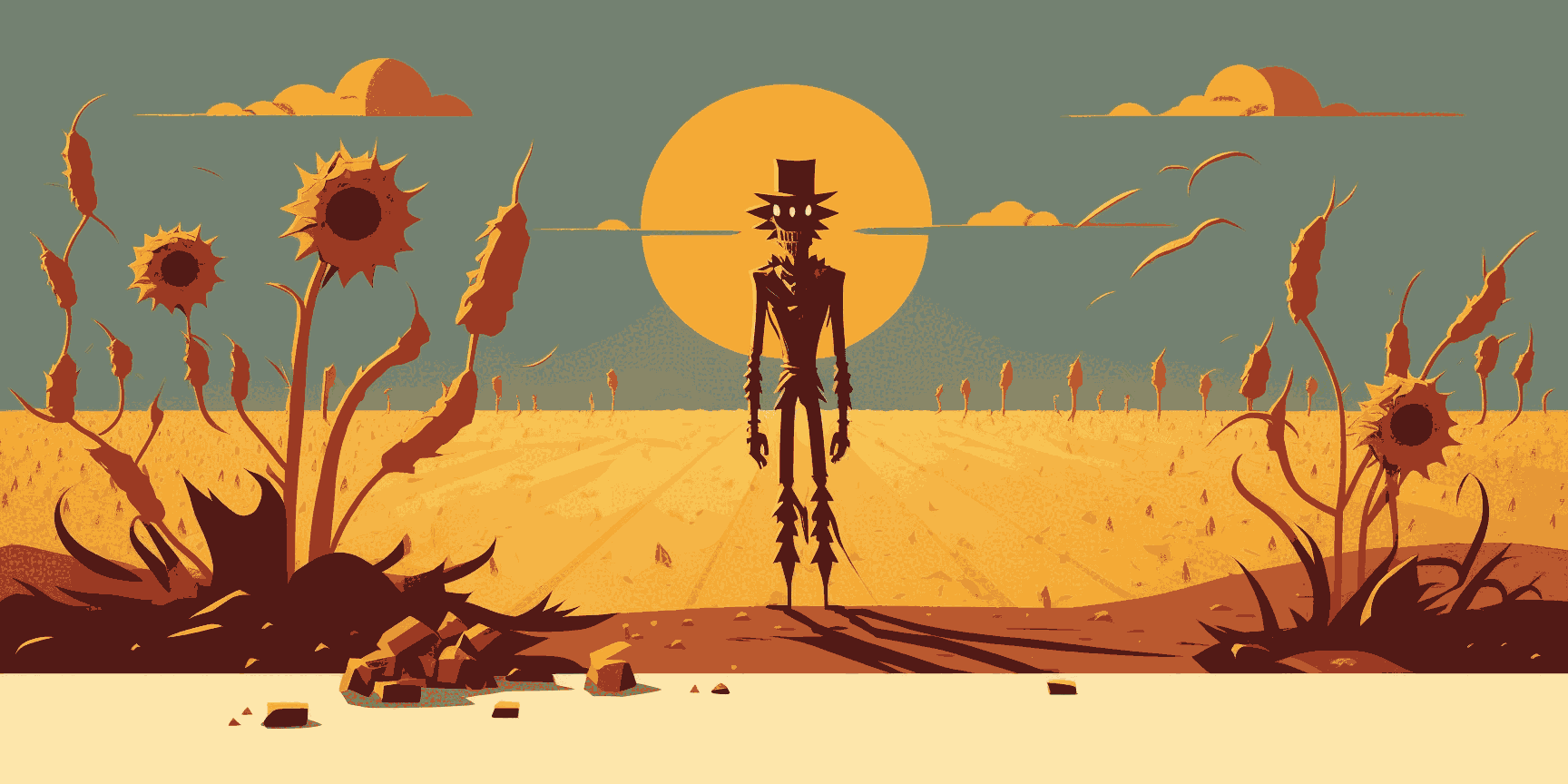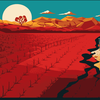The Devastating Impact Of Climate Change On Crop Failure
Climate change is no longer a future threat; it is happening right now, and its impact is already visible in different parts of the world. One of the most significant consequences of climate change is crop failure.
Table Of Content
- What Is Crop Failure?
- Causes Of Crop Failure Due To Climate Change
- Impacts Of Crop Failure
- Potential Solutions
- Conclusion
- Cause
- Is Caused By
The changing climate patterns, rising temperatures, and extreme weather events are causing severe damage to crops, leading to food insecurity and affecting the livelihoods of millions of farmers worldwide. In this article, we will explore the causes, impacts, and potential solutions to crop failure due to climate change.
What Is Crop Failure?
Crop failure refers to the inability to produce an expected yield of crops due to various reasons such as drought, flood, pests, and diseases. Crop failure can have severe economic and social consequences, leading to food insecurity, increased poverty, and migration.
Causes Of Crop Failure Due To Climate Change
Climate change is causing significant changes in weather patterns worldwide, leading to an increase in the frequency and intensity of extreme weather events such as droughts, floods, and heatwaves. These extreme weather events can cause significant damage to crops by reducing their yield, quality, and nutritional value. Additionally, climate change is causing changes in precipitation patterns, leading to water scarcity, which is a critical factor for crop growth.
Another significant cause of crop failure due to climate change is the proliferation of pests and diseases. The changing climate patterns are creating a favorable environment for pests and diseases, which can cause significant damage to crops, leading to low yields and crop failures.
Impacts Of Crop Failure
The impacts of crop failure due to climate change are devastating. Crop failure can lead to food insecurity, increased poverty, and migration, as farmers lose their income and are unable to provide for their families. Additionally, crop failure can also lead to higher food prices, making it difficult for low-income families to access nutritious food.
Moreover, crop failure can also lead to soil degradation and loss of biodiversity, as farmers often resort to harmful farming practices such as monoculture and excessive use of pesticides and fertilizers to boost crop yields.
Potential Solutions
There are several potential solutions to address crop failure due to climate change. One of the most critical solutions is to promote climate-resilient agriculture practices. These practices involve using climate-smart technologies, such as drought-resistant crops, efficient irrigation systems, and conservation agriculture, to improve crop productivity and reduce the risk of crop failure.
Another potential solution is to improve access to climate information and early warning systems, which can help farmers make informed decisions about when to plant and harvest their crops and protect them from extreme weather events.
Furthermore, promoting sustainable land-use practices, such as agroforestry, can help restore degraded soils and enhance biodiversity, leading to more resilient farming systems.
Conclusion
Crop failure due to climate change is a significant threat to global food security and the livelihoods of millions of farmers worldwide. To address this challenge, we need to take urgent action to reduce greenhouse gas emissions and promote climate-resilient agriculture practices. Additionally, we need to provide support to farmers to help them adapt to changing climate patterns and improve their livelihoods. Only by working together can we ensure a more sustainable and food-secure future for all.




